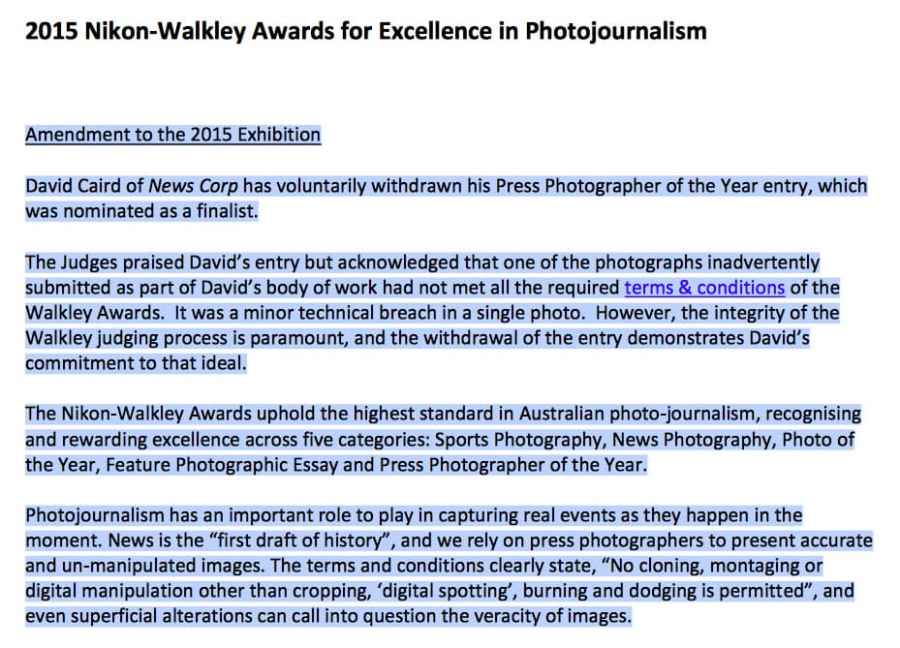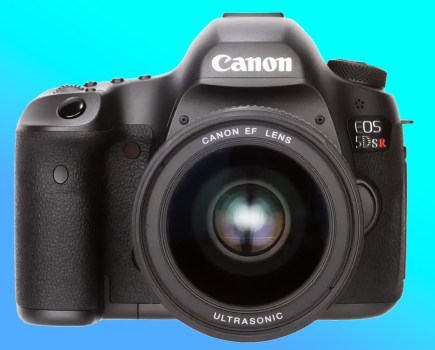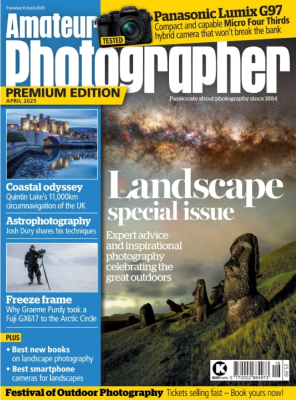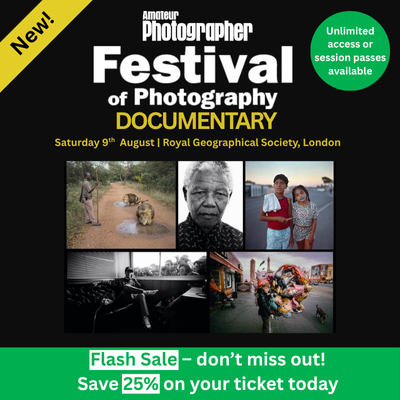The Nikon-Walkley Awards was forced to issue a statement (above) about an altered image, which reportedly broke the rules of entry
Those are the words of Louisa Graham; head of an Australian photojournalism competition that was forced to issue a statement after photographer David Caird inadvertently entered a manipulated photo, according to reports.
The image in question shows a baby gorilla called Kimye taken at Melbourne Zoo.
According to The Guardian, cloning was used to delete a piece of straw from the submitted entry.
David Caird could not be reached for comment.
Graham, acting CEO of the Walkley Foundation which runs the Nikon-Walkley Awards, said in a statement: ‘The Judges praised David’s entry, but acknowledged that one of the photographs inadvertently submitted as part of David’s body of work had not met all the required terms & conditions of the Walkley Awards.
‘It was a minor technical breach in a single photo.
‘However, the integrity of the Walkley judging process is paramount, and the withdrawal of the entry demonstrates David’s commitment to that ideal.’
Graham added: ‘The Nikon-Walkley Awards uphold the highest standard in Australian photojournalism, recognising and rewarding excellence across five categories: Sports Photography, News Photography, Photo of the Year, Feature Photographic Essay and Press Photographer of the Year.
‘Photojournalism has an important role to play in capturing real events as they happen in the moment. News is the “first draft of history”, and we rely on press photographers to present accurate and unmanipulated images.
‘The terms and conditions clearly state, “No cloning, montaging or digital manipulation other than cropping, ‘digital spotting’, burning and dodging is permitted”, and even superficial alterations can call into question the veracity of images.’
• In a recent survey, 76% of photographers said they regard manipulation as a serious problem.
‘Of those identified as mainly news photographers or photojournalists, 75% said they never alter a picture, with the remaining 25% saying they alter the content of images (other than by cropping) at least sometimes,’ added the survey by the World Press Photo Foundation and Oxford University’s Reuters Institute for the Study of Journalism









